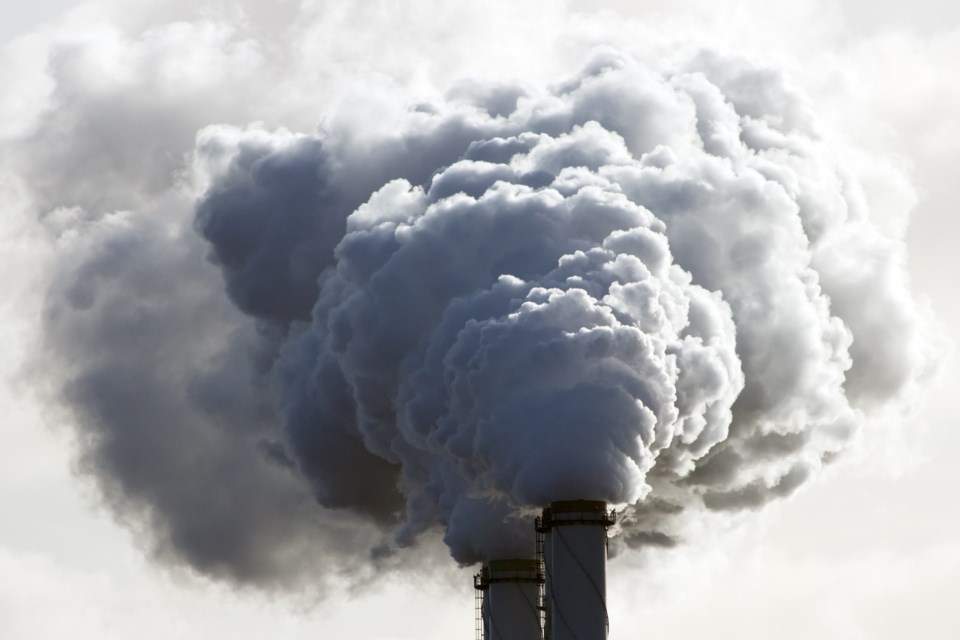A group of leaders from Colorado’s towns, cities and counties pressed the Regional Air Quality Council to do more to head off dangerous ozone pollution levels in the state this summer.
The Colorado Communities for Climate Action said in a news release said action is needed now so as not to repeat the summer of 2021 when ozone levels hit unhealthy highs.
All 13 of the ozone monitors in the nonattainment area recorded one or more exceedances of the more protective 2015 ozone NAAQS of 70 parts per billion (ppb) while 11 monitors exceeded the 2008 NAAQS of 75 ppb, according to the group.
To ensure that Colorado summers in the future don’t follow the same alarming trend, the climate action organization said the RAQC should include one or more of the identified strategies to protect the state’s air.
Those include:
- Curtailing high emitting oil and gas activities during ozone season
- Adopting stronger nonroad engine standards
- Implementing flaring controls or a flare minimization plan at the Sucor refinery in Commerce City
- Enforcing indirect source rules
- Increasing transit ridership and bike and pedestrian infrastructure and access
- Establishing low NOx appliance requirements for residential and commercial buildings
Boulder County Commissioner Matt Jones said in the news release that the air quality council has the authority to make Colorado’s summer air healthier for families.
“The RAQC can make a difference, and we are calling on them to step up and strengthen state implementation plans so that all Coloradans can spend time outside during summer ozone season without worrying about damaging their health,” Jones said. “The state plan should include strong emission control measures for key emissions sectors such as transportation and oil and gas.”
Colorado Communities for Climate Action is a coalition of 39 towns, cities and counties across the state advocating for stronger statewide climate policy, the news release states. The group called for stronger action on air quality after a Friday meeting of RAQC.
The Front Range severe ozone region accounts for almost 58% of the state’s population, with over 3.3 million living in the area while Denver is the eighth most ozone-polluted city in the entire country, Northglenn CIty Councilor and Colorado Communities for Climate Action vice president Katherine Goff said in the news release.
“As local leaders we refuse to sit idly by while our communities’ health is negatively impacted by polluted air,” Goff said. “We’ve seen some improvements, but our region is still suffering from dangerous ozone pollution levels. And the harm is even more serious in marginalized and low-income communities.”



